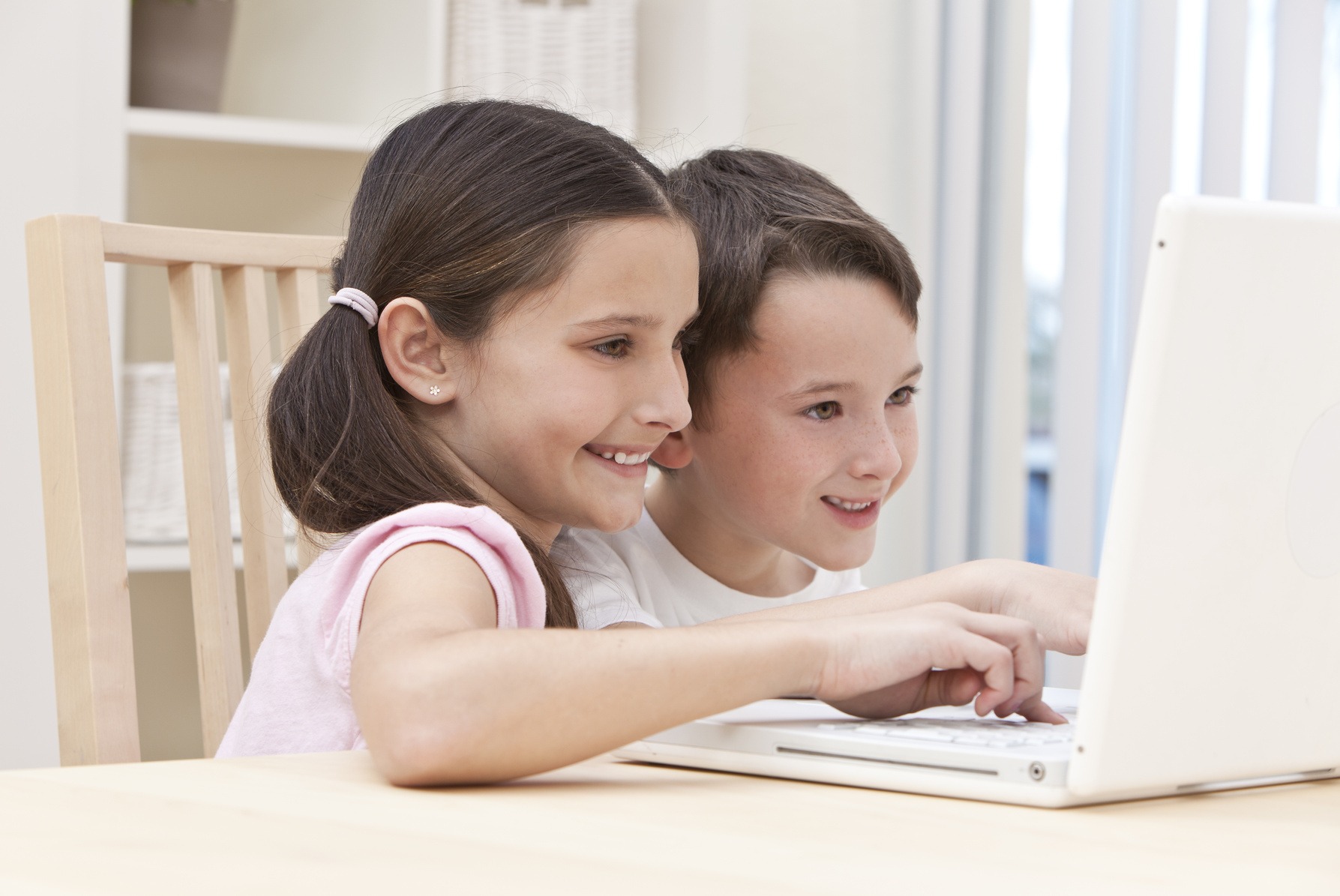
Keeping Kids Safe Online While Learning Long-Distance
Stay Safe – In Life And Online
As our children are home from school due to the coronavirus pandemic, many of them are turning to online education as directed by their teachers. Remote classrooms are the “new norm,” and while it’s taking some getting used to, kids are adaptable and able to learn virtually.
In this high-tech world, teaching can continue, but there’s need for caution.
Along with assignments and even “get togethers” with friends via online platforms, the web is vast, and can be dangerous. That’s why it’s up to parents and guardians to guide their kids, as well as use proactive measures to ensure their safety online.
These tips below are great guards against online predators as well as scams and schemes. Kids are curious, and may fall into traps online without intention.
Your oversight is paramount, so before your child continues on the computer any further, take these steps towards stronger security.
-
Sit With Your Child As Much As Possible While They Use The Computer
By participating in the process, you can watch what they’re doing and see where they’re clicking. Take note of how your child navigates the web and observe their habits. If you notice anything they should not be looking at, it’s time for a talk, as well the implementation of some strict guidelines and rules. Additionally, make sure you inform your child not to open any emails that seem suspicious or click on links they aren’t familiar with. They could open a “virus” or respond to an online scam inadvertently.
-
Set Up Parental Controls
You can pre-set the computer browser so that your child cannot get onto certain sites or see specific content. Without the option, there’s little chance of your child finding something they shouldn’t, or stumbling onto a sight not meant for minors. You can set up a separate user account for your child on a shared device to help keep them out of trouble. Try OpenDNS Family Shield for a safer internet experience.
-
No Sharing Of Personal Information
Instruct your child to never give out any personal information over the internet, even to someone they know. No phone numbers, email addresses, physical addresses, what school they go to, and so on. If anyone asks for this sort of information from your child, be sure they let you know about it.
-
Manage Their Social Media Accounts
If your child is old enough to have a social media presence, be sure you have all the passwords and have the final say as to what they may post – both photos and other content. You must approve all people they “friend” and “follow.” Also, make sure your child doesn’t know your passwords. They could log in as “you” and see material they aren’t meant to.
-
Open Communication
Be sure your child feels like they can tell you anything, including if they see something online that’s unsettling. If they ever receive communication from someone they do not know, direct them to never respond without your consent.
-
Talk To Your Child’s Teacher
The school may have some additional tips as well as guidelines the students must follow while working remotely. The teacher can help you navigate home instruction, and if you aren’t particularly web-savvy, this information can aid you in the process.
With proactive measures and two-way trust, your child can remain safe as they “surf.” Good luck with remote learning and hopefully school will resume as normal before we know it.
For more information like this, please visit All My Children’s blogs.
By: Melissa A. Kay
